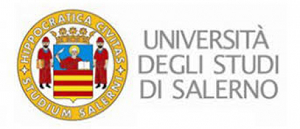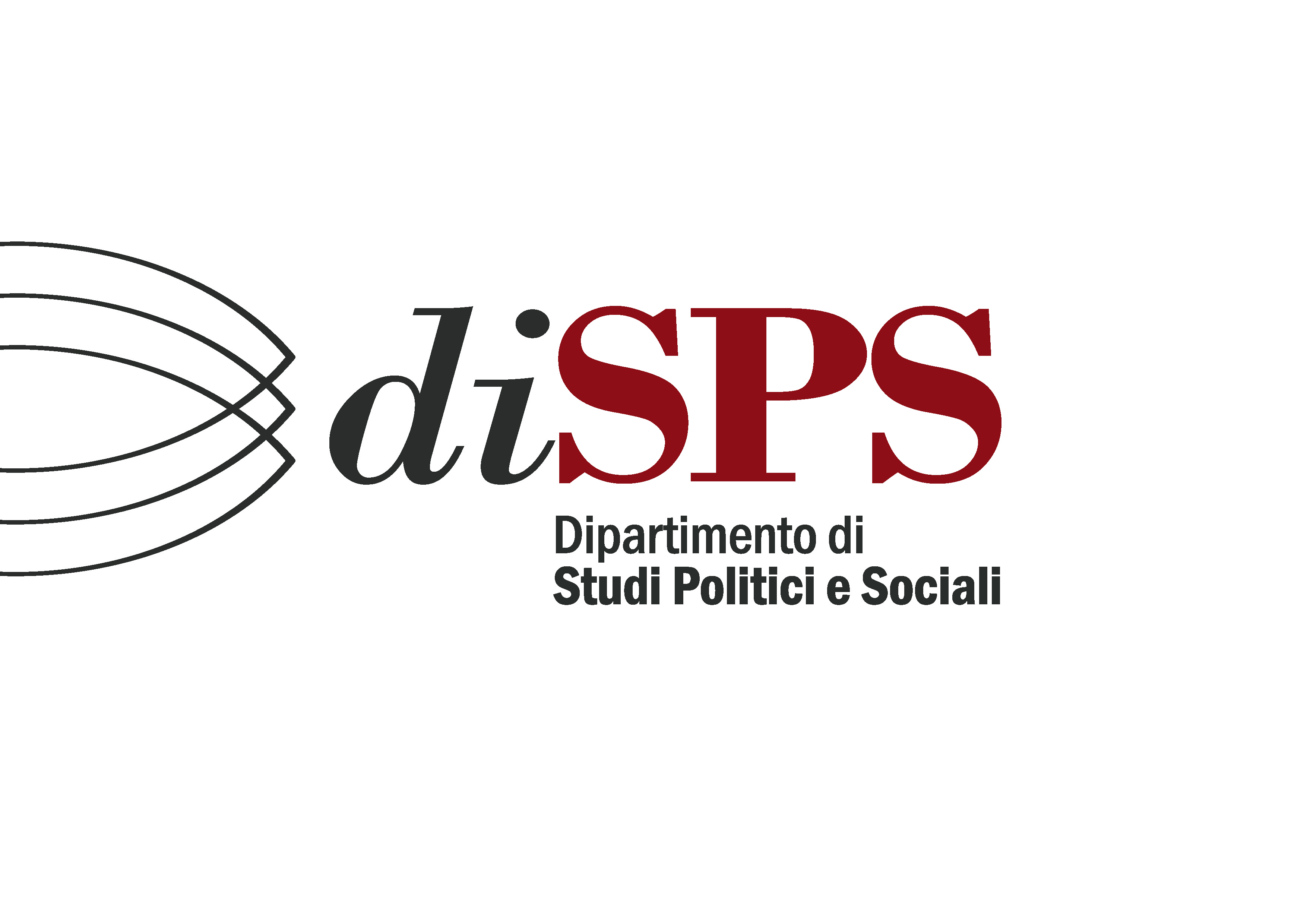Working Papers CSE Anno 2017
La “creatività europea” e le sue retoriche
Marco Di Gregorio
Abstract
Since the ‘70s, the issue of creativity has been at the heart of the European debate. Many documents have been produced about creativity, most of which are analyzed in this paper. Creativity has been intended as a strategy of integration and as the basis for innovation, both in cultural and economic development. In particolar, with the project of reform of organization of work known as “humanisation of work”, the goal was to improve the living and working conditions of all European workers. Then, with the Lisbon Strategy and its later raises, creativity has been assigned the task of giving a certain dynamism to the market plagued by a series of economic crises, only to be drawn into old and new economy’s problems.
Keywords
Creative Europe; Innovation; Cultural and Creative Industries.
Full Text: pdf
Doi: 10.14273/unisa-855
References
Adorno T., Horkheimer M. (1947), Dialettica dell’illuminismo, Torino, Einaudi, 2010.
Bowen W., Baumol W. (1966), On the Performings Arts: the Anatomy of their economic problems, in «The American Economic Rewiev», LV, 1/2, pp. 465-502.
Brecht B. (1938), Vita di Galileo, Torino, Einaudi, 2014.
Chomsky N., Foucault M. (1971), La natura umana. Giustizia contro potere, Roma, Castelvecchi, 2013.
Cristini C., Cesa-Bianchi M., Cesa-Bianchi G., Porro A. (2010), L’ultima creatività: Luci nella vecchiaia, Milano, Springer.
Del Forno M. (2016). Etica, politica, economia nella storia sociale del welfare in Europa, in Id., Nel complesso mondo del welfare: idee, metodi e pratiche, Milano, FrancoAngeli, pp. 31-57.
Di Gregorio M. (2016), Luci e ombre sulla valutazione dell’impatto sociale. La proposta del GECES, in «Culture e Studi del Sociale», I, 2, pp. 157-172.
Donati P. (2013), Sociologia della relazione, Bologna, il Mulino.
Engels F., Marx K. (1847), Il Manifesto del Partito Comunista, Milano, Flaminio Fantuzzi, 1891.
Florida R. L. (2002), L’ascesa della nuova classe creativa. Stile di vita, valori e professioni, Milano, Mondadori, 2003.
Pendenza M. (2011) (a cura di), Sociologie per l’Europa, Roma, Carocci.
Poincaré J. H. (1908), Scienza e metodo, Torino, Einaudi, 1997.
Rifkin J. (2000), L’era dell’accesso, La rivoluzione della new economy, Milano, Oscar Mondadori, 2001.
Santagata W. (2009) (a cura di), Libro bianco sulla creatività. Per un model-lo italiano di sviluppo, Milano, Università Bocconi Editore.
Schumpeter J. A. (1942), Il capitalismo può sopravvivere? La distruzione creatrice e il futuro dell’economia globale, Milano, Etas, 2010.
Weber M. (1922), Il metodo delle scienze storico-sociali, Milano, Einaudi, 2003.
Weber M. (1905), L’Etica protestante e lo spirito del capitalismo, Milano, Rizzoli, 1991.


